|
Today is World Malaria Day. A life-threatening parasitic disease transmitted to people through the bites of infected female Anopheles mosquitoes, malaria is both preventable and curable. Nevertheless more than 200 million cases were reported in 2017 and 435 000 people died of the disease. The biggest burden falls on people living in Africa.
The slogan this year is “zero malaria starts with me”. Mamadou Coulibaly explains what this means to him as a scientist working on new approaches to preventing the disease in Mali. For his part, John Frean sets out a few basic rules to reduce the risk of getting malaria while travelling in endemic areas.
To catch up on exciting research initiatives you can read Elena Gómez Díaz’s description of the search for the weak spot in mosquitoes, while Miles B. Markus explains his research into why malaria recurs in some people. Faith Osier gives an account of how African scientists are pursuing a vaccine and Shüné Oliver explores the effect that changes in temperature are having on mosquitoes. Givemore Munhenga describes efforts to sterilise mosquitoes while Walter Focke, Mthokozisi Sibanda and Taneshka Kruger unpack a formula that repels and kills them.
|
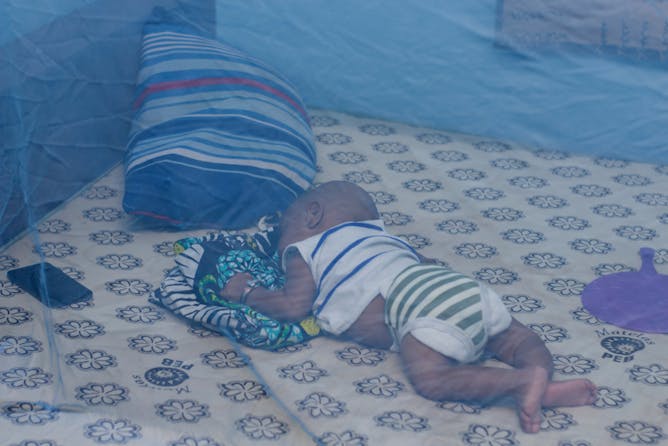
Mosquito nets are often used where malaria is common.
Shutterstock
Mamadou Coulibaly, Université des sciences, des techniques et des technologies de Bamako
The experience from African experts is vital in the search for new and better ways to control malaria.
|
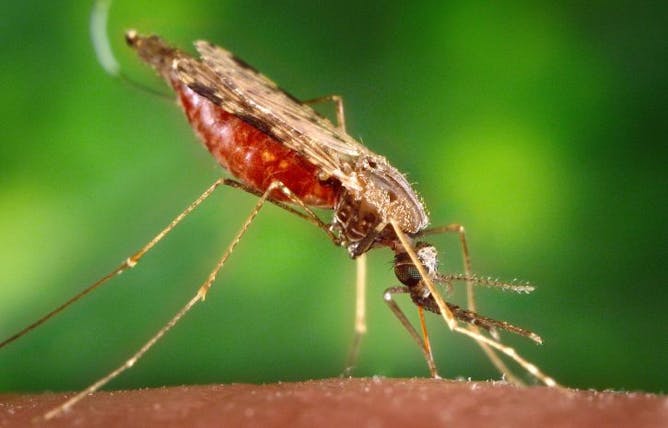
Supplied
John Frean, University of the Witwatersrand
Avoiding malaria could be as simple as "ABCD" if the proper care is taken.
|
The research
|
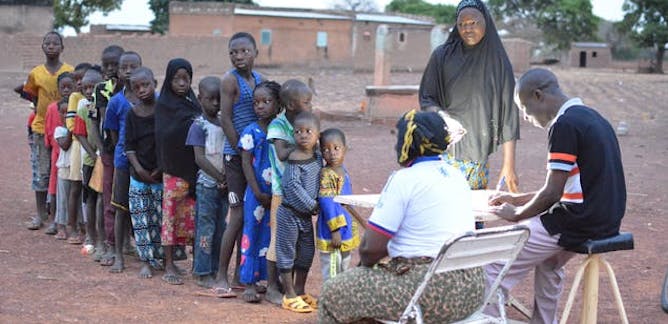
Elena Gómez Díaz, Instituto de Parasitología y Biomedicina López-Neyra (IPBLN-CSIC)
Malaria is prevalent in developing countries. Epigenetics may be the key to finding its Achilles heel.
| |

Faith Osier, Wellcome Trust
Progress in malaria control has stalled. Research towards an effective vaccine is underway.
|
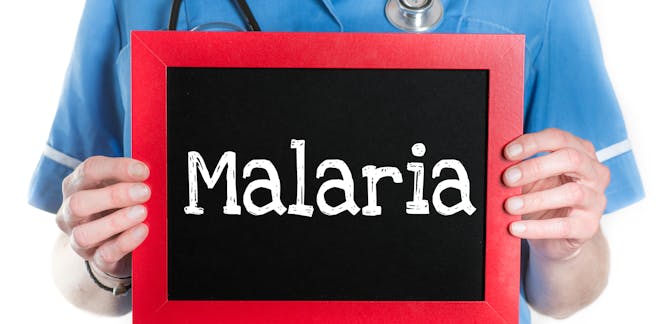
Miles B. Markus, University of the Witwatersrand
Significant new insights are emerging for the treatment of malaria, and eventually its eradication.
| |
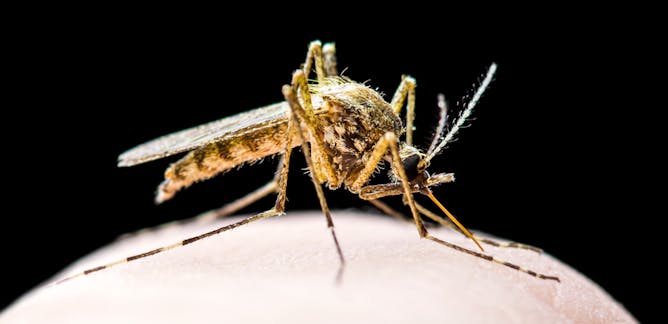
Walter Focke, University of Pretoria; Mthokozisi Sibanda, University of Pretoria; Taneshka Kruger, University of Pretoria
A novel mosquito repellent has been found to have a longer lifespan than those commercially available.
|
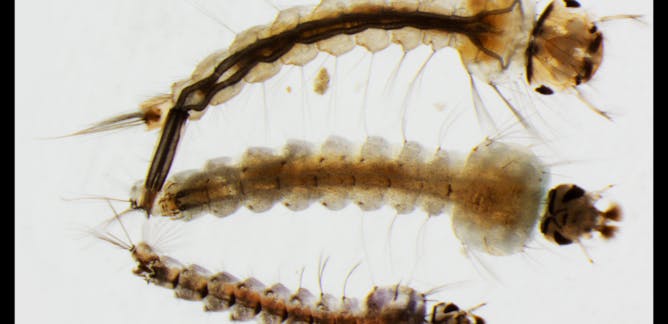
Shüné Oliver, National Institute for Communicable Diseases
Researchers are only beginning to understand the impact of pollution and increased temperatures on the biology of mosquitoes.
| |

Givemore Munhenga, National Institute for Communicable Diseases
South Africa is piloting a new technique as it drives to eliminate malaria.
|
|
|
Other challenges
|
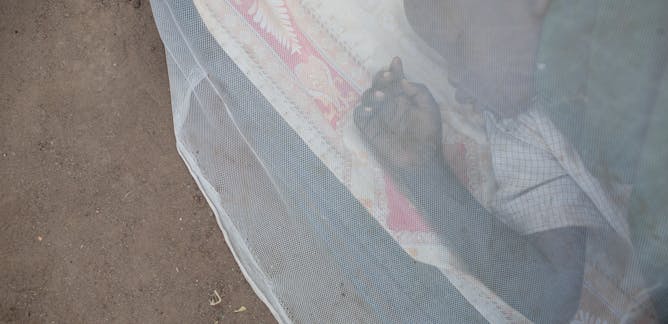
Mamadou Coulibaly, Université des sciences, des techniques et des technologies de Bamako
The fight against malaria needs scientific innovation. But community buy-in is just as important.
| |
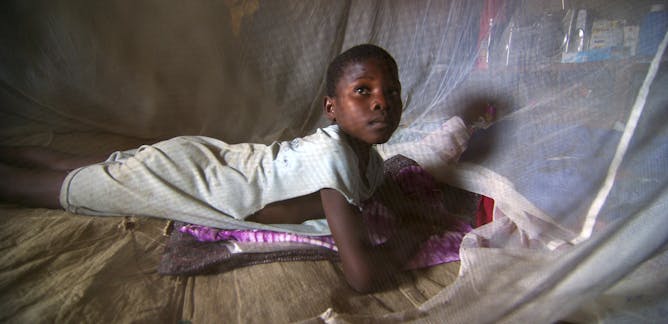
Andrew Githeko, Kenya Medical Research Institute; Ednah Ototo, Kenya Medical Research Institute
Kenya has managed to reduce the number of malaria cases in parts of the country. But this, in turn, has led to immunity levels dropping.
|
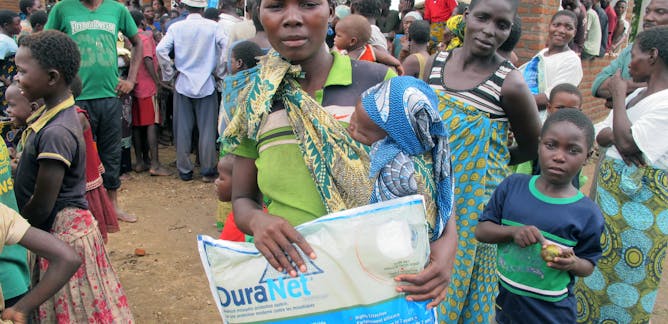
Chikondi Mwendera, University of Pretoria
Malaria elimination in Malawi is lagging because research isn't being used properly.
| |
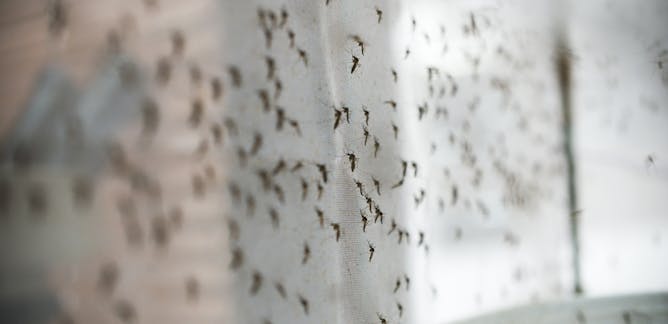
Eunice Anyango Owino, University of Nairobi
Baringo county and other areas on the western side of Kenya are struggling to reduce their seasonal malaria caseloads.
|
|
|